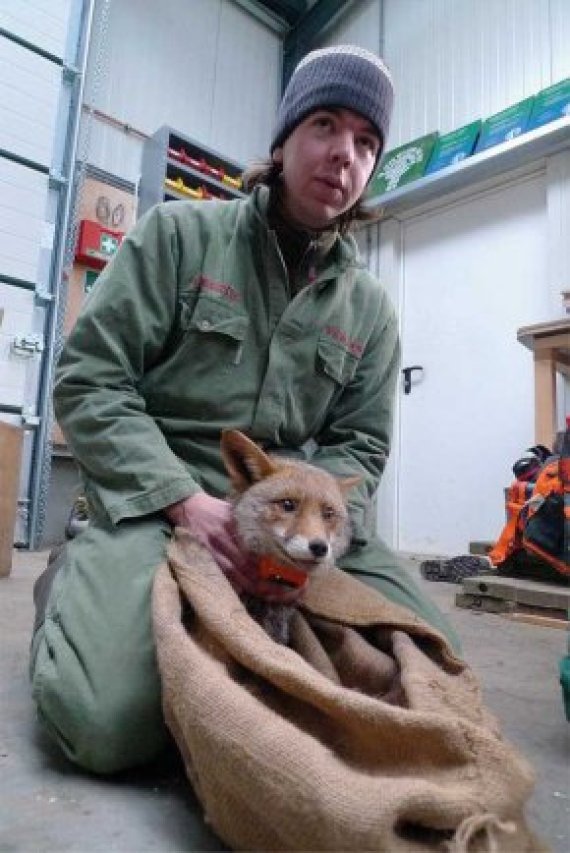They still had a way to go to deliver conclusive evidence or to convince the outside world. With the end of humankind in sight, we take stock. Has the promise been fulfilled? Tomato stays in the limelight Cultivated greenhouse tomatoes need rest at night, whereas wild tomatoes can cope with 24 hours of light per day. Aaron Velez Ramirez is looking for the mechanism behind these 24/7 tomato plants. Because if you could build it into cultivated tomatoes, you could boost production considerably. At the end of last year he obtained data sets with the genetic information for finding the mechanism. Has he found it now? ‘We are getting closer,’ says Velez. ‘We have a number of candidate genes, but we still lack evidence that they really do cause the light tolerance.’ He estimates that he will be able to publish an interesting article about this is just under six months’ time. Meanwhile, there is a trial going on in Bleiswijk with tomato plants being subjected to continuous light. Velez wants to know if this increases production. The field trial has not been completed yet either. This is still promising research. Slowly changing tack at sea Fishers prefer to catch only a few species that sell well. That is bad for ecosystems, said an international group of researchers at the beginning of March. The fisheries biologists, including Adraan Rijnsdorp, argued for ‘total fishing’, in which all the fish are used and there is no such thing as bycatch anymore. This spreads the damage over a number of species, goes the theory. Has this plea had an impact to date? It is starting to, says Rijnsdorp. ‘The main authors of the article were recently in Brussels to discuss their ideas in the European parliament. People there thought it was an elegant idea. The big question was, though, how to translate it into practice. What rules should you establish?’ The management system in fisheries is not capable of acting quickly on new scientific insights, says Rijnsdorp. ‘Since 2007, we have known that selective fishing leads to genetic changes in fish, but little has been done yet with that knowledge.’ Rijnsdorp does not think total fishing will be introduced earlier than in 10 years’ time. Fisheries policy is evaluated every 10 years. ‘So it will be done in 2013, but we were really too late with our plea to influence that evaluation process now.’ So it will be 2023. Kink in the chain Back in April Iris van den Bosch was looking for the areas of the brain for ‘tasty’ and ‘nasty’, by putting test subjects through the new MRI scanner belonging to Wageningen UR and the Gelderse Vallei hospital. She measured her subjects’ brain activity while they sipped grapefruit juice. She had high hopes of the results, because she had had as many as 40 test subjects for the research. But sadly, nine months later she still has not found the regions of the brain she was looking for. ‘During the data analysis, something went wrong which we realized very late, meaning that the whole analysis and interpretation will have to be done all over again,’ she writes. ‘That is why I am still working on the analysis now and don’t have any results yet. Hopefully I will have some news in two months’ time.’ Fox as sly goose culler? Could you control the growing goose population in the Netherlands using foxes? Student of Forest and Nature Policy Tim Breur researched this idea last year by fitting three foxes – Joep, Loes and Tim – in the Gelderse Poort nature area with transmitters. The Fauna Foundation commissioned the study to find out whether using the goose’s natural enemy would be a better way of controlling numbers than shooting the birds. What are the results? Breur is very busy as he is about to leave for Latin America to do his final thesis field work. He refers us to his internship supervisor Berend Voslamber of SOVON Bird Research. And he is not allowed to reveal the results because they must first be discussed with the Fauna Foundation. The conclusions will be made known at the end of January. Just too late.
Promising research
Over the course of this year Wageningen scientists have featured regularly in Resource with highly promising research.

